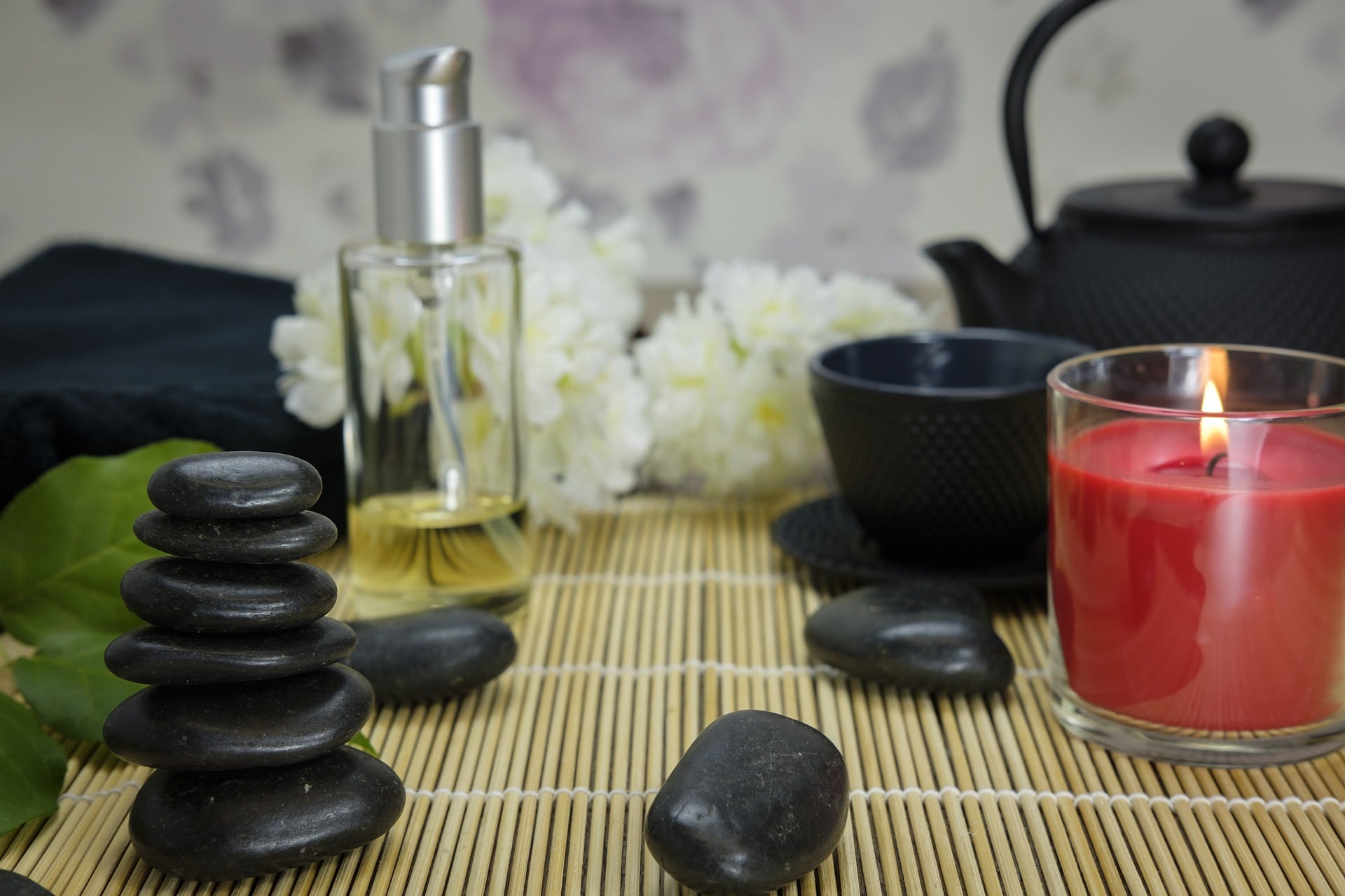
16 Sep Ayurvedic Dental Care for Healthy Teeth, Part 1
Ayurvedic medicine is an ancient system of traditional medicine that has its roots in India. It is based on the belief that our overall health and wellbeing comes from a fine balance between the body, mind, and spirit. While it has been practiced for thousands of years, it has gained a lot of attention in the US just in the last decade. At Prescott Dentistry, we believe in holistic, preventative dental care—so if Ayurvedic dental care is something that you’re interested in, it can be a great addition to your regular oral care routine.
What is Ayurveda?
Ayurveda is one of the oldest (if not the oldest) healing sciences in the world. In Sanskrit, Ayurveda means “The Science of Life.” The origins of Ayurvedic medicine date back more than 5,000 years ago in India. It comes from the ancient Vedic culture and was passed down for thousands of years simply through oral tradition.
Ayurveda focuses on prevention and emphasizes maintaining health through right thinking, diet, lifestyle, and the use of herbs. Through Ayurvedic principles, you can learn how to create this balance of body, mind, and consciousness based on your own unique individual constitution. Just as everyone has a unique fingerprint, each person has a particular pattern of energy, or dosha, made up of physical, mental, and emotional characteristics. According to Ayurveda, your dosha is determined at conception by various factors, and remains the same throughout your life.
The Doshas
The three doshas are based on the five elements. Ayurveda beliefs state that everyone has each of the three energies inside of them, but one is always more prominent than the others.
- Vata (space and air)—energy that controls bodily functions associated with motion including blood circulation, breathing, blinking, and your heartbeat. During times when vata is In balance, it allows for creativity and vitality. When out of balance, it can produce fear and anxiety.
- Pitta (fire and water)—energy that controls the body’s metabolic functions—digestion, absorption, assimilation, nutrition, metabolism, and body temperature. In balance, pitta promotes understanding, contentment, and intelligence. An out of balance pitta energy can cause anger, hatred and jealousy and can even cause ulcers.
- Kapha (earth and water)—energy that forms the body’s structures such as bones, muscles, and tendons. According to Ayurveda, kapha is the energy that holds the cells together. Being water energy, it also lubricates joints, moisturizes the skin, and supports the immune system. In balance, kapha is expressed as love, calmness and forgiveness. Out of balance, it leads to attachment, greed and envy.
Finding Balance
Ayurvedic medicine is all about finding the proper balance between these energies for your unique constitution. There are many factors, both internal and external that can affect this balance. Emotional and physical stresses such as diet, seasons and weather, trauma, and difficult relationships can all cause an imbalance. In Ayurveda, balance equals health, or order, and imbalance translates to disease, or disorder. Restoring order is important, but maintaining balance and preventing disorder in the first place is the primary goal of Ayurveda.
Ayurveda and Dental Health
So what does Ayurveda have to do with dental health? According to Ayurveda, an imbalance in the doshas (primarily kapha) leads to dental problems. A healthy mouth is one in which the doshas are balanced, ensuring that all of their functions serve our overall health. Different parts of the mouth correspond with different aspects of each of the doshas.
In the most general terms, Ayurveda states that oral mucus and plaque, along with a white coating on the tongue, indicates kapha imbalances; dry, cracked lips, tooth pain, receding gums and cavities indicate vata imbalances; mouth ulcers, bleeding gums, and tooth sensitivity are associated with pitta imbalances. When these energies are disordered or imbalanced, it can impact not only our oral health, but all the other functions that the doshas govern throughout our body. Ultimately, when we care for our mouths properly, we support our overall health as well.
Ayurvedic dental care is intended to be a complementary therapy and should never replace your routine oral care such as brushing, flossing, and visiting Prescott Dentistry twice a year for cleanings. If you’re interested in learning more about Ayurvedic dental care, stay tuned for our next post, where we’ll share some Ayurvedic dental tips for keeping your mouth healthy and in balance. And in the meantime, explore the holistic dental services we have to offer!
Image by Bruno Glätsch from Pixabay



